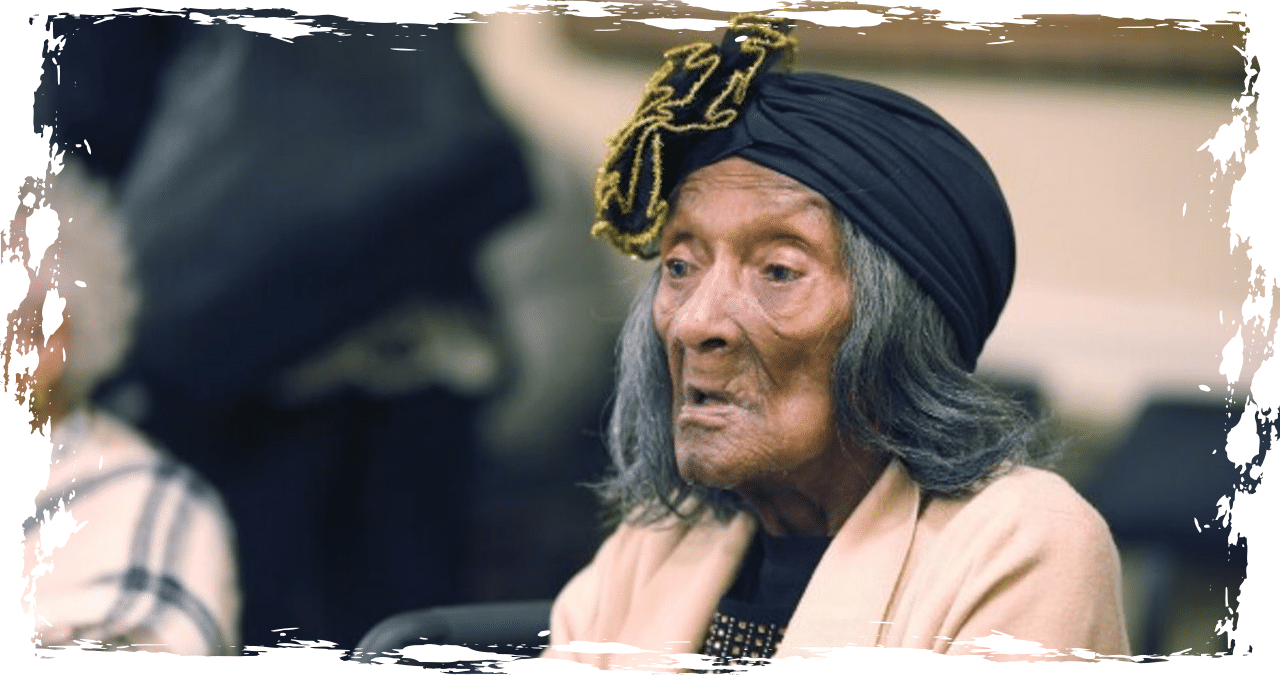The hope of advocates for racial justice to see the city of Tulsa make financial reparations for the 1921 Tulsa Race Massacre was dampened on Wednesday, as the Oklahoma Supreme Court dismissed a lawsuit filed by survivors of the atrocity. The massacre, which is considered to be one of the deadliest acts of violence against Black people in U.S. history, claimed the lives of as many as 300 people and left a once-vibrant neighborhood in ruins.
In a recent ruling, the nine-member court upheld the decision made by a district court judge in Tulsa from last year. The court concluded that although the plaintiff’s grievances about the destruction of the Greenwood district were legitimate, they did not fall under the scope of the state’s public nuisance statute.
According to the court’s decision, the plaintiffs failed to demonstrate any physical damage to the property in Greenwood that would make it impossible to inhabit. The court stated that there is no remedy that could be provided through an injunction or any other civil means. The ruling confirmed that relief cannot be granted based on the allegations presented by the plaintiffs.
Unfortunately, we did not receive any response immediately from Damario Solomon-Simmons, the attorney of the survivors, despite leaving messages on Wednesday.
In a statement, the city expressed its respect for the court’s decision and emphasized the importance of the ongoing work being done in the North Tulsa and Greenwood communities. The statement further confirmed the city’s dedication to collaborating with residents and offering resources to enrich these communities.
In an effort to seek justice for the destruction of the once-prosperous Black district by a white mob, a lawsuit was filed against the city of Tulsa and other parties. The tragic events occurred on May 31 and June 1, 1921, when a white mob, some of whom were deputized by authorities, looted and burned the district, also known as Black Wall Street.
The historically Black district spanning over 30 blocks, which was once home to thousands of Black Tulsans, saw the lives of as many as 300 people lost and left countless survivors displaced and forced into internment camps under the watch of the National Guard. Today, all that remains of this once-thriving community are burned bricks and a fragment of a church basement.
Lessie Benningfield Randle and Viola Fletcher, both over 100 years old and survivors of the attack, filed a lawsuit in 2020 with the aim of seeing “justice in their lifetime,” as stated by their attorney. Sadly, a third plaintiff, Hughes Van Ellis, passed away last year at the age of 102.
According to the court, the allegations presented by the plaintiffs were not strong enough to support their claim for unjust enrichment. The court noted that such claims are usually applicable only in cases involving contractual relationships.
The Tulsa Regional Chamber of Commerce, the Board of Tulsa County Commissioners, the Tulsa County Sheriff, and the Oklahoma Military Department were among the other defendants involved in the case.
According to Oklahoma’s public nuisance law, the lawsuit argues that the impact of the white mob’s actions during the Tulsa massacre still resonates within the city today. The contention is that the massacre is the root cause of Tulsa’s longstanding history of racial tension and division.
According to the lawsuit, the victims of the massacre were never compensated for their losses by the city or insurance companies. As a result, racial and economic disparities continue to exist today. The lawsuit calls for an extensive examination of the property and wealth stolen or lost during the massacre, as well as the establishment of a hospital in north Tulsa and a victims compensation fund, among other measures.
In addressing local concerns such as blighted homes, illegal drug-dealing or dangerous animals, public nuisance claims are frequently utilized. These claims were also employed in lawsuits brought against tobacco companies in the 1990s and opioid drug makers. However, many of these cases ultimately resulted in settlements rather than being taken to trial.
Two years after Oklahoma’s attorney general utilized the public nuisance law to compel Johnson & Johnson, a pharmaceutical company, to pay $465 million in damages, the Oklahoma Supreme Court overturned the ruling in 2019.



